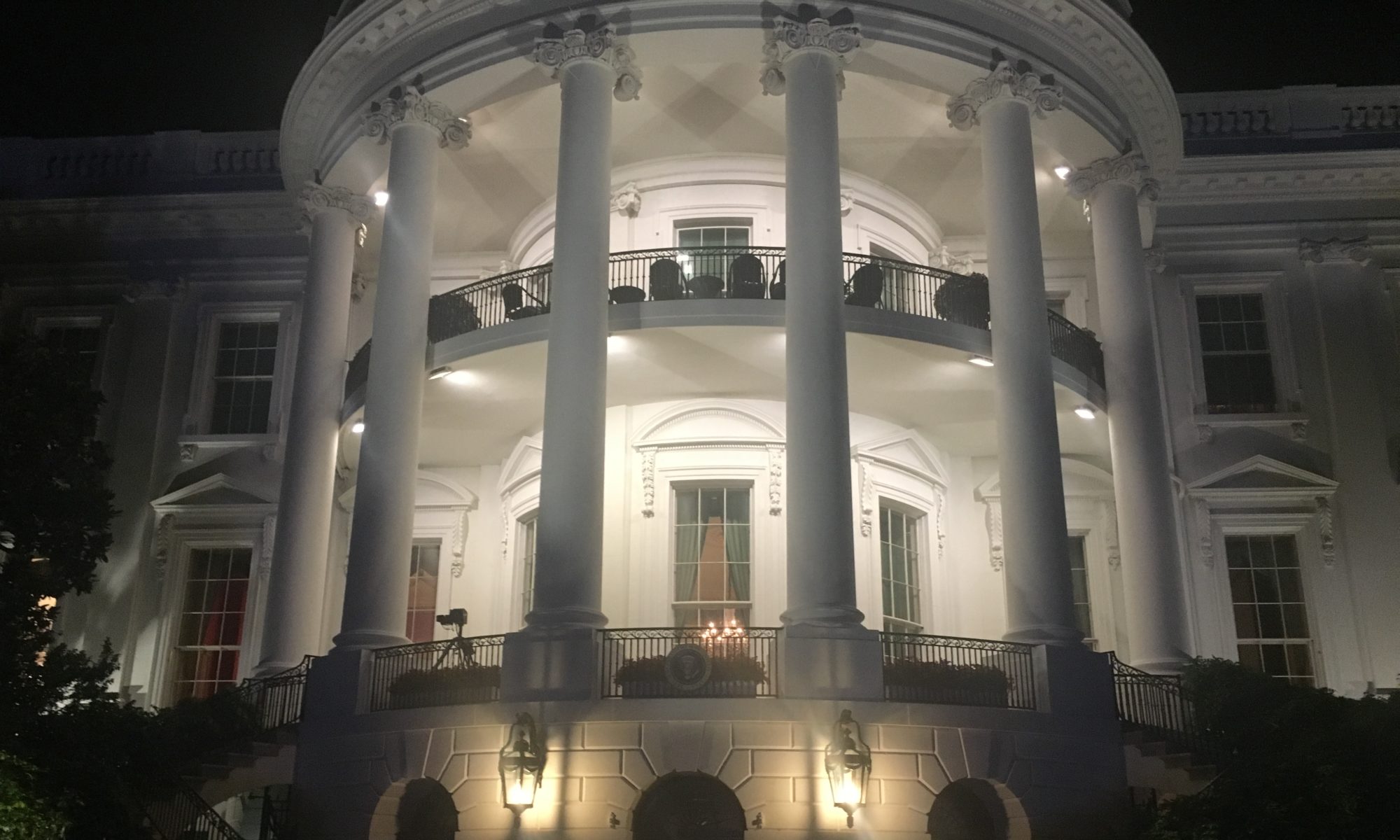April 15, 2018
There has been a cascade of stories this week which demonstrate the myriad ways in which Black people are reviled in this country. First came the truly harrowing story of fourteen year old Brennan Walker, who was shot at by a white man merely for asking directions to his neighborhood school. Thankfully, the white man has been arrested and charged with attempted murder, a welcome instance of law enforcement working as it should. Terrifyingly, the only reason Walker is alive is that, in his haste to try to kill him, the shooter forgot to remove the safety (Source: “A teen missed the bus to school. When he knocked on a door for directions, a man shot at him,” by Eli Rosenberg, The Washington Post, 4/13/18). Next came a stark reminder that respectability politics won’t save us, when two Philadelphia men were arrested for trespassing in a Starbucks after less than fifteen minutes of failing to purchase an overpriced coffee beverage.
There are so many layers of toxic racism to unpack here. In neither case did the black people involved do anything remotely threatening or out of the ordinary. The young boy in Rochester Hills rang the front doorbell to ask a neighbor for directions after missing the schoolbus. The security video shows the wife asking, “Why are you trying to break into my house?” Rather than answer the door or ignore it, she chose to call the police, assuming that they would share her view of the inherent criminality of black people. Her husband, a 53 year old retired firefighter, not content to wait for law enforcement, resorted to vigilante justice and tried to kill this young teenager for the “offense” of ringing his doorbell. Conversely, in Philadelphia, the police proceeded to arrest the black men at Starbucks, despite being aggressively confronted by other customers who asserted that the men had done nothing to warrant it (Source: “Two black men were arrested waiting at a Starbucks. Now the company, police are on the defensive,” by Alex Horton, The Washington Post, 4/15/18).
Lest we think that black men alone bear the brunt of toxic racism, Linda Villarosa’s brilliant piece in today’s New York Times Magazine details the crisis of black maternal and infant mortality in heartbreakingly personal terms. Through the poignant tale of the death of Simone Landrum’s baby, Villarosa documents the contempt and disregard that the medical establishment has for black women. Those viewpoints are so ingrained and pervasive, they are literally killing black women and babies. The result is that in 2018, black women have a maternal mortality rate that is worse than it was 25 years ago and worse than it was in 1850 (Source: ibid, Villarosa)! As Villarosa herself experienced, neither education, nor income, insulates black women from the noxious effects of racism, a point made most starkly in the tragic story of Shalon Irving. Irving, a CDC researcher whose specialty was racial disparities in healthcare, nonetheless died three weeks’ postpartum, another victim of a medical profession trained to disregard and devalue black women (Source “Nothing Protects Black Women From Dying in Pregnancy and Childbirth,” by Nina Martin, ProPublica and Renee Montagne, NPR News,ProPublica.org, 12/7/17).
The combined impact of the violence, viciousness, persistence and ubiquity of anti-Black racism can seem insurmountable, threatening to push us into despair. That is why a performance like Beyoncé’s last night at Coachella was a necessary antidote. Last night’s epic performance, which made history as the first Coachella concert headlined by a black woman, was, quite simply the best live concert performance many of us have ever seen. It wasn’t merely the fireworks or the sterling musicianship or the precision choreography, although all of those were present in abundance. Beyoncé’s Coachella performance was also a recruitment film for HBCUs, a pep rally for black people and a sly invitation to white allies, using her prodigious catalogue of hits as the foundation. More than any of this, though, Beyoncé’s masterful Coachella performance elevated the concert performance to a work of fine art, requiring critical exegesis to interpret the musical, cinematic and historical references embedded in it. Last night. Beyonce referenced “School Daze,” quoted Malcolm X and Nina Simone, brought in the African diaspora by sampling Fela Kuti and Chimimanda Ngozi Adichie, all while singing and dancing flawlessly (of course) in heels. Beyoncé’s concert was a reminder and a rallying cry —- although this country has never relented in its quest to relegate black people to permanent second class status, still we rise!
#Beychella
#Beyonce
#Blacklivesmatter
#Blackgirlmagic
